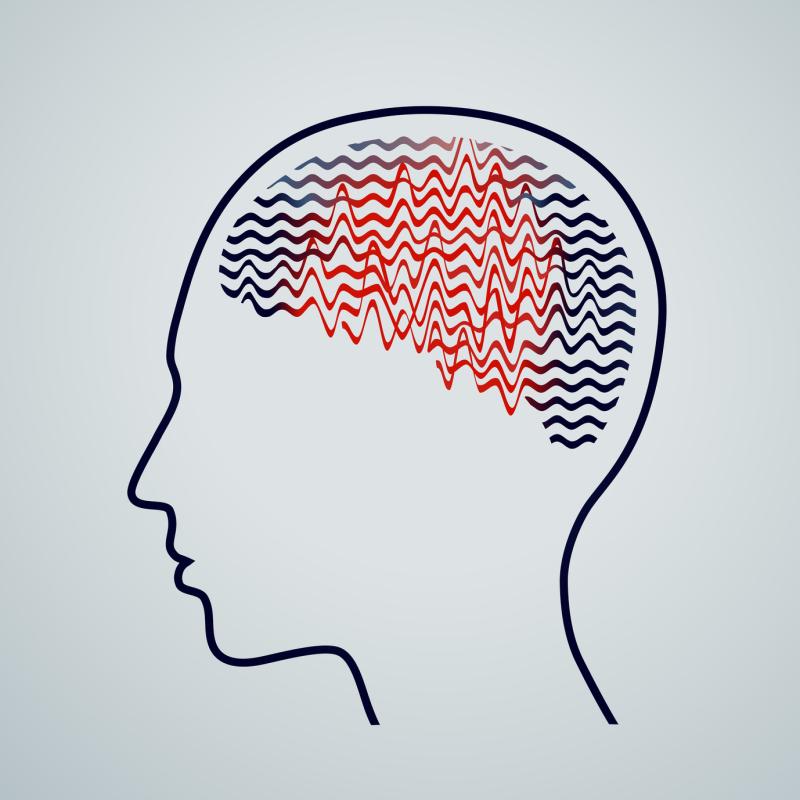
In the treatment of patients with bipolar disorder, lithium gets the job done without significantly impairing cognition, as shown in a study.
The analysis included 262 patients (mean age, 42.7 years; 45.9 percent) with bipolar disorder, among whom 169 were taking lithium. Compared with users, nonusers of lithium were younger (p=0.002), less likely to be white (p<0.001), and had more severe current manic and depressive symptoms (both self-reported and clinician-assessed; p<0.001).
At baseline, users and nonusers performed similarly on the following neurocognitive tests: California Verbal Learning Test (CVLT) trials 1–5, CVLT delayed recall, Wechsler Digit Symbol, Trail-making Test (TMT) parts A and B, and global cognition index. This was despite controlling for demographics and current mood symptoms.
At follow-up, however, lithium users exhibited a significant neurocognitive improvement in the global cognitive index score (p<0.001), CVLT trials 1–5 (p<0.001), CVLT delayed recall (p<0.001), and TMT-B (p=0.012). The average duration between the first and the second neurocognitive assessment was 132.1 days. None of the cognitive measures declined over time with treatment.
Overall, the data indicate that lithium exerts no deleterious effects on neurocognitive functioning, despite the frequent subjective complaints of cognitive dulling by users. Researchers speculated that these subjective self-reports after lithium initiation may be related more directly to stabilization of affective symptoms that may be deemed as positive (eg, hypomania) for the patient.
The researchers suggested that clinicians discuss with their patients the pros and cons of lithium in mood stabilization.